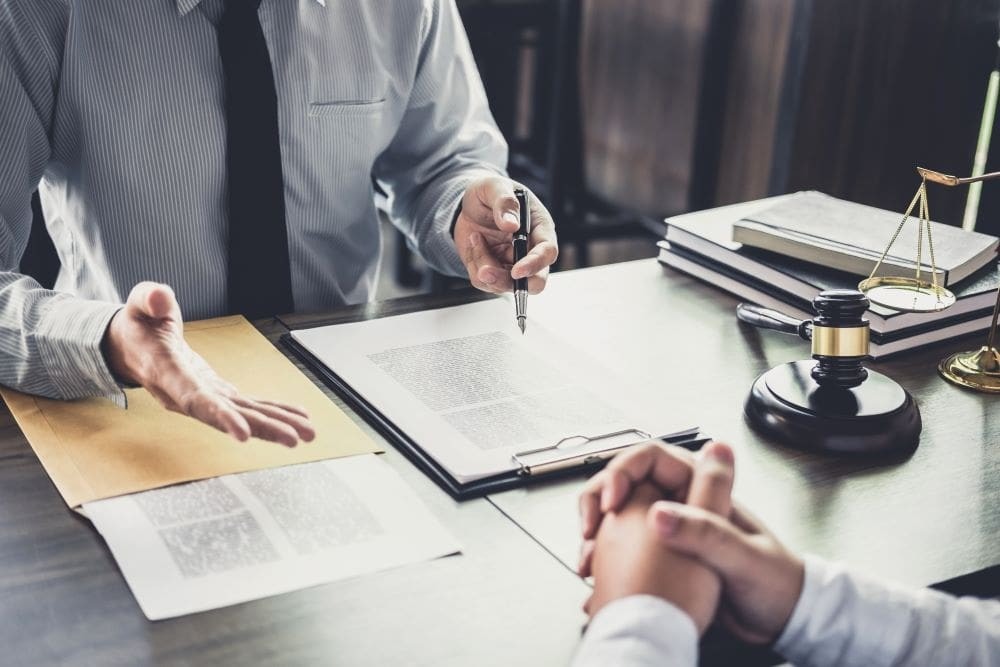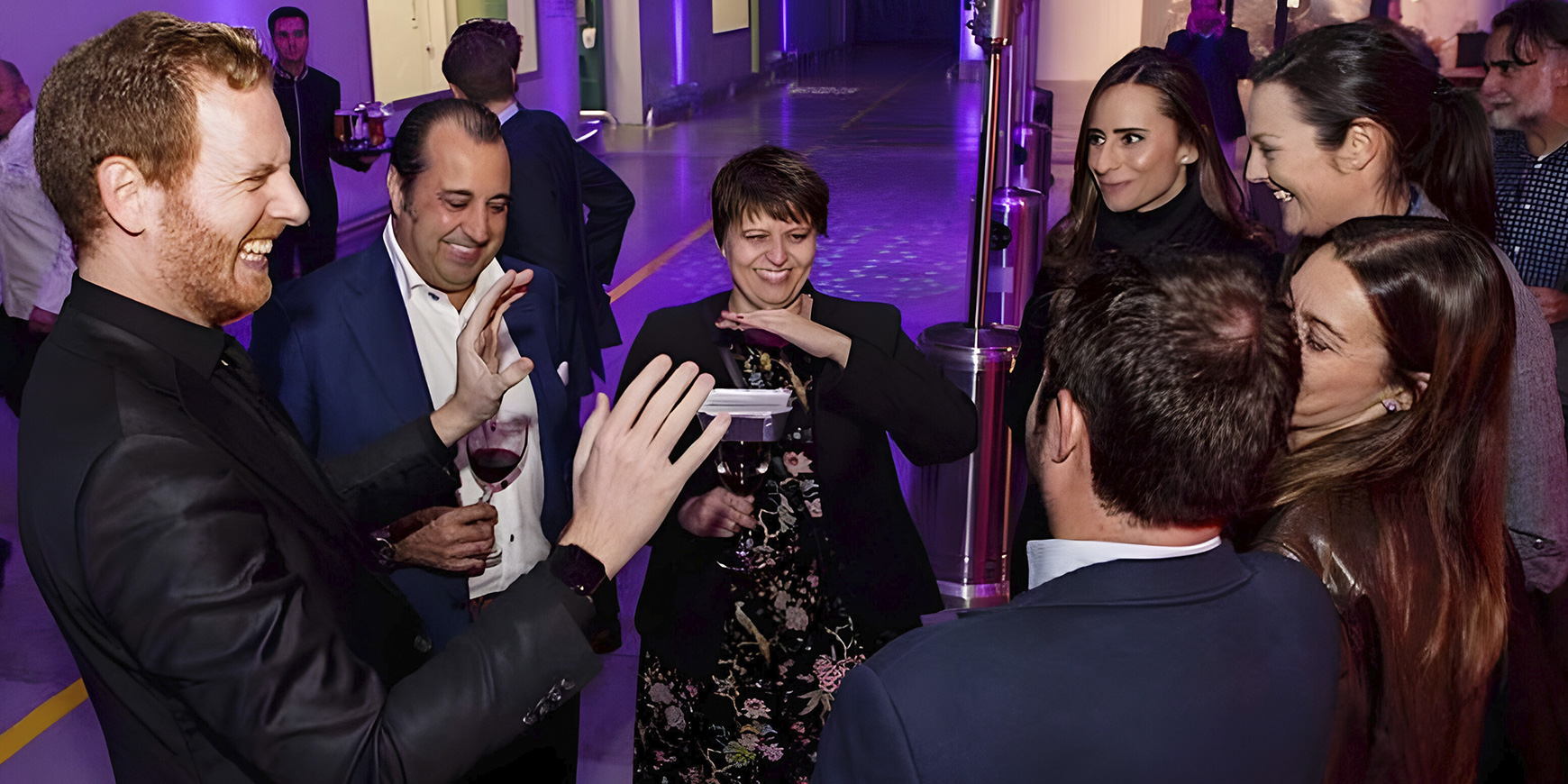In today’s fast-paced professional world, maintaining your credentials is more crucial than ever. A professional license not only represents years of hard work and dedication but also serves as a gateway to your livelihood. However, what happens when your license is at risk due to a complaint? Whether you’re a healthcare provider, educator, or any other licensed professional, understanding how to respond effectively is vital. In this article, we’ll explore actionable steps you can take to protect your career, and we’ll highlight how consulting a license defense lawyer can make all the difference.
1. Understand the Nature of the Complaint
The first step in addressing any complaint is to thoroughly understand its basis. Complaints against professional licenses can arise from various issues, including alleged misconduct, negligence, or ethical violations. Carefully review the details of the complaint, and identify the agency or board handling the matter.
Every licensing board has its unique procedures and requirements. Knowing the specifics of the allegations against you helps you prepare a focused defense. Ignoring or misunderstanding the complaint can lead to unnecessary complications, so it’s essential to address the matter promptly and proactively.
2. Maintain Professionalism and Confidentiality
When facing a complaint, emotions can run high. It’s natural to feel anger, frustration, or fear. However, it’s crucial to remain calm and composed. Refrain from discussing the matter publicly or with colleagues unless absolutely necessary. Sharing details without caution could lead to misunderstandings or even harm your case.
Confidentiality is key. A license defense lawyer can guide you on how to communicate about the situation without jeopardizing your position. They’ll ensure that your statements and actions don’t inadvertently worsen the circumstances.
3. Respond Promptly and Accurately
Most licensing boards require professionals to respond to complaints within a specific timeframe. Missing this deadline can result in severe consequences, including suspension or revocation of your license.
Prepare a comprehensive and accurate response to the complaint. Avoid making admissions or providing unnecessary details that could be misconstrued. This is where the expertise of a license defense lawyer becomes invaluable. They can help you craft a response that addresses the allegations while protecting your rights and reputation.
4. Gather Supporting Evidence
A robust defense often hinges on the evidence you can present. Start by collecting all relevant documents, records, and communications related to the complaint. This might include:
- Client or patient records
- Email correspondences
- Performance evaluations
- Witness statements
Ensure that all evidence is organized and accessible. A license defense lawyer will review this information to determine its relevance and how it can be used to support your case.
5. Consult a License Defense Lawyer
Navigating the complexities of a licensing board investigation can be overwhelming. This is why seeking the guidance of a license defense lawyer is one of the most critical steps you can take. These legal professionals specialize in representing individuals facing challenges to their professional licenses.
A license defense lawyer will:
- Interpret the laws and regulations specific to your profession.
- Develop a strategic defense tailored to your case.
- Represent you in hearings or negotiations with the licensing board.
- Advocate for a fair outcome, whether it involves dismissal of the complaint or minimizing disciplinary actions.
Their experience ensures that you’re not alone in the process and that your case is handled with expertise and diligence.
6. Cooperate with the Investigation
While it’s essential to defend yourself, cooperation with the investigation is equally important. Avoid appearing defensive or uncooperative, as this can be perceived negatively by the licensing board. Provide requested documents or attend meetings as required, and always consult your license defense lawyer before taking any action.
7. Prepare for Hearings
If the complaint progresses to a formal hearing, preparation is key. Licensing board hearings can be intimidating, as they often involve presenting your case before a panel of professionals.
Your license defense lawyer will:
- Help you understand the hearing process.
- Coach you on how to present your testimony effectively.
- Cross-examine witnesses and challenge the evidence against you.
Being well-prepared can significantly influence the outcome of the hearing and protect your professional standing.
8. Take Preventive Measures for the Future
After resolving the complaint, focus on preventing similar issues in the future. Reflect on the circumstances that led to the complaint and implement changes to mitigate risks. This might involve:
- Updating policies and procedures
- Attending continuing education or training programs
- Seeking regular legal counsel to ensure compliance with industry regulations
Proactive steps demonstrate your commitment to professionalism and can help rebuild trust with clients, colleagues, and regulatory boards.
Conclusion
Facing a complaint against your professional license is undoubtedly stressful, but it’s not insurmountable. By understanding the nature of the complaint, responding effectively, and seeking the guidance of a skilled license defense lawyer, you can protect your career and reputation. Remember, your professional license is a valuable asset—treat it with the care and diligence it deserves.










